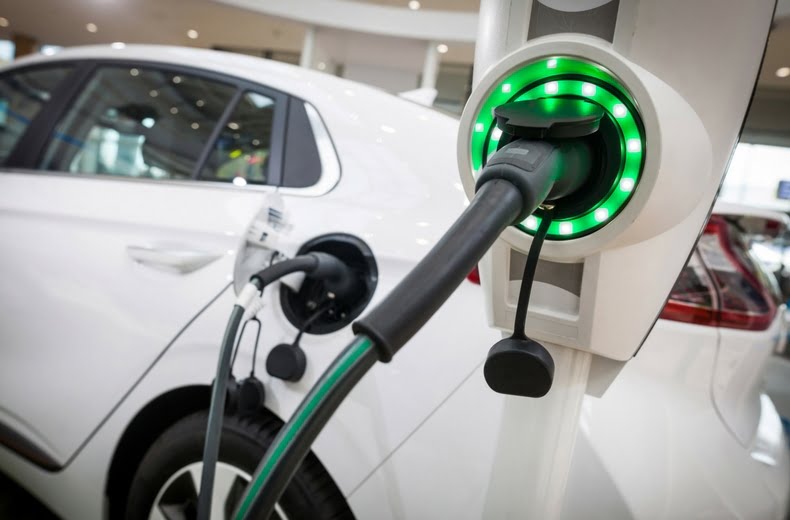On Tuesday, the state government announced that the upcoming state budget will include $60 million to support electric and hydrogen vehicles uptake.
Thursday’s state budget will include a $36.5 million Clean Energy Car Fund for 10,000 rebates of $3,500 on the purchase on new hydrogen fuel cell or electric vehicles (EV) up to the value of $70,000. Western Australia is the last state to implement incentives for buying electric vehicles.
The state government estimated that replacing 10,000 petrol-fueled vehicles would reduce the state’s carbon emissions by 7,000 tonnes per year.
The remaining $22.6 million will be dedicated to EV charging infrastructure. The largest chunk of charging money, $10 million, will support not-for-profits and small and medium-sized businesses to install charging stations by covering half the cost.

Local government was given $5 million for the same support while the Public Transport Authority gets $4 million to install EV charging facilities at four train stations.
Finally, $2.9 million has been dedicated to installing eight charging stations along National Highway One to connect the state’s electric highway to South Australia. According to Energy Minister Bill Johnston, the first two chargers will be installed in October at Kalgoorlie and Coolgardie. Following the installation of all eight, the total number of EV charging stations in the state will be 49.
Western Australian Premier and Treasurer Mark McGowan said these commitments would help the state reach its net zero emission target by 2050.
“Building on our $750 million Climate Action Fund that was announced last year, we are implementing further initiatives to significantly reduce our carbon emissions and progress towards net zero emissions,” Mr McGowan said.
“Our $3,500 rebates are one of the most generous grants on offer in the nation and will see an extra 10,000 electric and hydrogen fuel cell vehicles on our roads. This will assist WA with reducing greenhouse gas emissions to net zero, while also reducing the pressure of high petrol prices on WA households that utilise the rebate.
“These significant investments will support climate resilient communities in the suburbs and regions, and ensure WA can have a prosperous low carbon future.”
A road tax in Western Australia for electric vehicles will only commence after July 1, 2027 at a rate of 2.5 cents per kilometre for zero emissions vehicles, and 2.0 cents for plug-in hybrids, adjusted for CPI. This rate is consistent with other states and territories.
The NSW and Queensland state governments have also delayed the implementation of their road taxes until 2027. When the Victorian state government implemented the road tax in 2021 it was described as “the worst electric vehicle policy in the world” for being introduced before a EVs made up a significant share of vehicles on the road.
The budget will also include $31 million to help reduce the carbon emission of state government agencies. Projects will mostly include research into emissions strategies for reducing emissions in agriculture, regional heavy transport, carbon farming, and transitioning to an electric bus fleet. Funds will also be put to expanding the Western Australian Carbon Dioxide Geological Storage Atlas.
Similar rebate and subsidy schemes have been launched New South Wales, Victoria and Queensland. Despite only providing $3,000 of support per zero emissions vehicle purchase, they are worth a total of $75 million, $60 million, and $45 million respectively. The South Australian $3,000 subsidy scheme was only worth $21 million.
Do you know more? Contact James Riley via Email.

